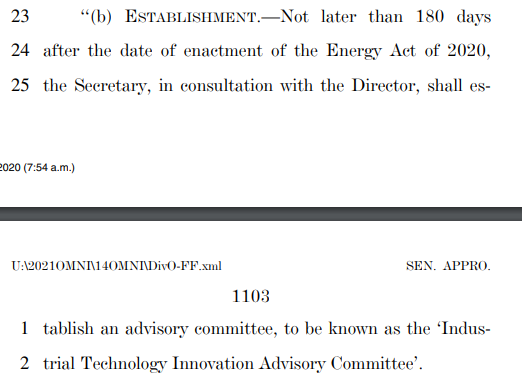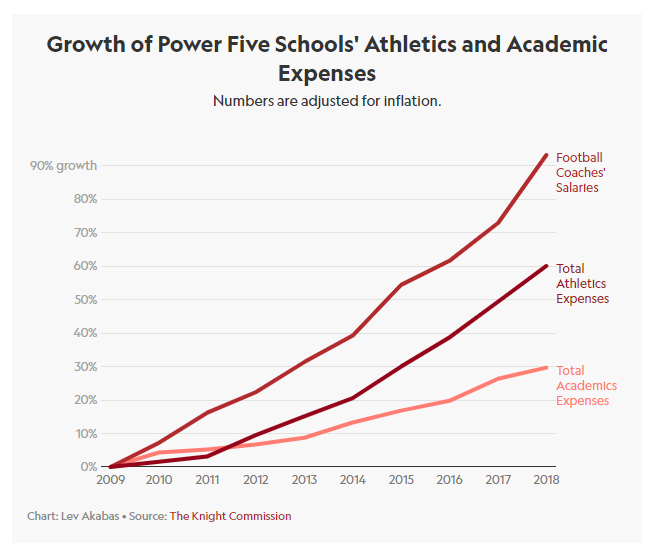
🧵Another new paper shows implausibility of most commonly used climate scenarios - Liddicoat et al 2020 in JOC
doi.org/10.1175/JCLI-D…
Assuming constant 2019 CO2 emissions to 2100 (10 GtC via @gcarbonproject) gives cumulative of 1200 GtC 1850-2100, about SSP2-4.5 in Table 5⤵️
doi.org/10.1175/JCLI-D…
Assuming constant 2019 CO2 emissions to 2100 (10 GtC via @gcarbonproject) gives cumulative of 1200 GtC 1850-2100, about SSP2-4.5 in Table 5⤵️

Assume net zero CO2 by 2100 give cumulative 800 GtC 1850-2100, or ~10% more than SSP1-2.6 in Table 5
Assume net zero CO2 by 2060 gives cumulative 600 GtC 1850-2100, or ~15% more than SSP1-1.9 in Table 5
Contrast:
SSP5-8.5 has 2580 GtC 1850-2100
SSP3-7.0 has 1909 GtC 1850-2100
Assume net zero CO2 by 2060 gives cumulative 600 GtC 1850-2100, or ~15% more than SSP1-1.9 in Table 5
Contrast:
SSP5-8.5 has 2580 GtC 1850-2100
SSP3-7.0 has 1909 GtC 1850-2100
So:
To consider SSP5-8.5 plausible requires believing that from now until 2100 the world will _average_ annual FF emissions from CO2 of about 30 GtC, or 3x that of 2019, meaning no peak until >2080 at ~50 GtC/yr
No one believes this is plausible.
/END
To consider SSP5-8.5 plausible requires believing that from now until 2100 the world will _average_ annual FF emissions from CO2 of about 30 GtC, or 3x that of 2019, meaning no peak until >2080 at ~50 GtC/yr
No one believes this is plausible.
/END
PS. If you want to know how it is that climate scenarios have taken climate research far off track, please read our new paper⤵️
It was not by design but the emergent result of interactions of various institutional, historical, professional, social factors
Needs fixing ASAP
It was not by design but the emergent result of interactions of various institutional, historical, professional, social factors
Needs fixing ASAP
https://twitter.com/rogerpielkejr/status/1342477306510524416
• • •
Missing some Tweet in this thread? You can try to
force a refresh













